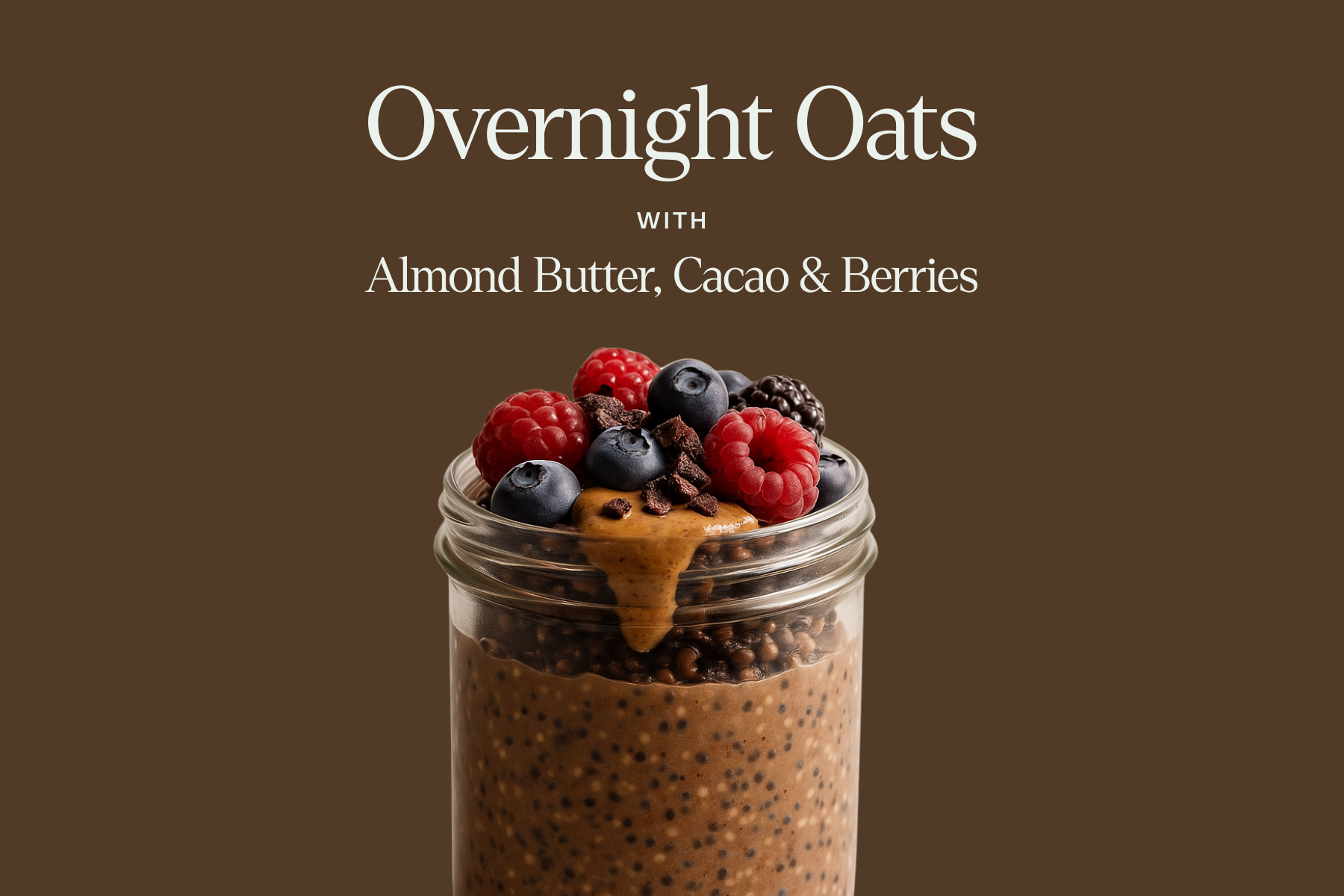Why do I crave sugar and chocolate? That sweet craving could mean magnesium deficiency.
According to health experts, food cravings are often an indicator of nutritional deficiencies. Magnesium is a mineral that controls sugar cravings - especially chocolate. Having a healthy balance of magnesium in your diet not only decreases the the number of sweet cravings you may have, but also improves sleep, digestion, relaxation and immune health.
Magnesium regulates glucose (blood sugar) and insulin levels (helps the body use and store glucose), as well as the neurotransmitter dopamine. A deficiency can cause intense sugar and chocolate cravings, plus restless legs, sleepless nights, muscle cramps and anxiety. We are definitely not opposed to eating chocolate - especially at Easter, but we understand it can be frustrating to crave sugar all the time, even when you don't want it.
New studies suggest that many of us are not meeting our recommended daily magnesium intake and deficiency may be under-diagnosed with the obvious signs of deficiency, commonly not appearing until levels are severely low. If your chocolate or sugar cravings have increased - you may be showing the first signs of low magnesium.
Magnesium doesn't just keep your chocoholic tendencies at bay—it also plays a critical role in overall wellbeing.
If you think your sugar cravings might be a sign that you have low levels of magnesium – don't worry. You can easily add healthier magnesium rich foods into your diet and incorporate a topical magnesium spray into your nightly routine, to help keep those sugar cravings away.
Step 1 - swap milk chocolate with dark chocolate. An easy fix, dark chocolate contains 100g of magnesium per 250g serve, and is still - if not more delicious! There are loads of great dark chocolate bars and recipes out there, including our new Easy Easter Fudge.
Foods that are high in fibre are great sources of magnesium, especially dark leafy vegetables like kale, spinach, and seaweed. Cacao is also a rich source of magnesium. Hot tip - get unsweetened cacao powder and throw a little into your next smoothie or coffee for a quick magnesium fix on-the-go.
Other great sources of magnesium include broccoli, squash, nuts, legumes (especially edamame), and seeds. A handful of pumpkin seeds has approximately 168 milligrams of magnesium.
Magnesium is also easily absorbed through the skin. Dose up by spraying a few spritzes of our Magnesium Oil on your feet, legs, or the backs of your knees after a shower each night, or soak in a bath with our Magnesium Reset Bath Salts.
See you later sugar and chocolate cravings! We've got you covered.

